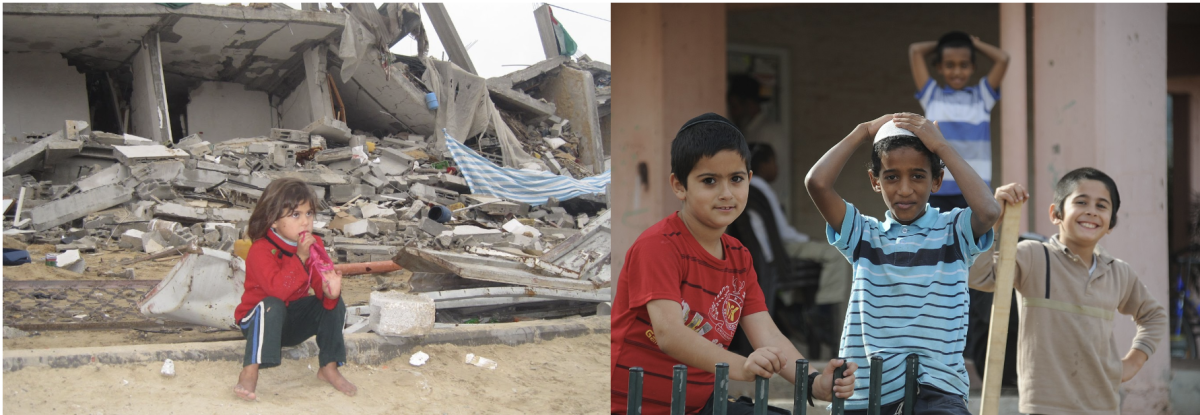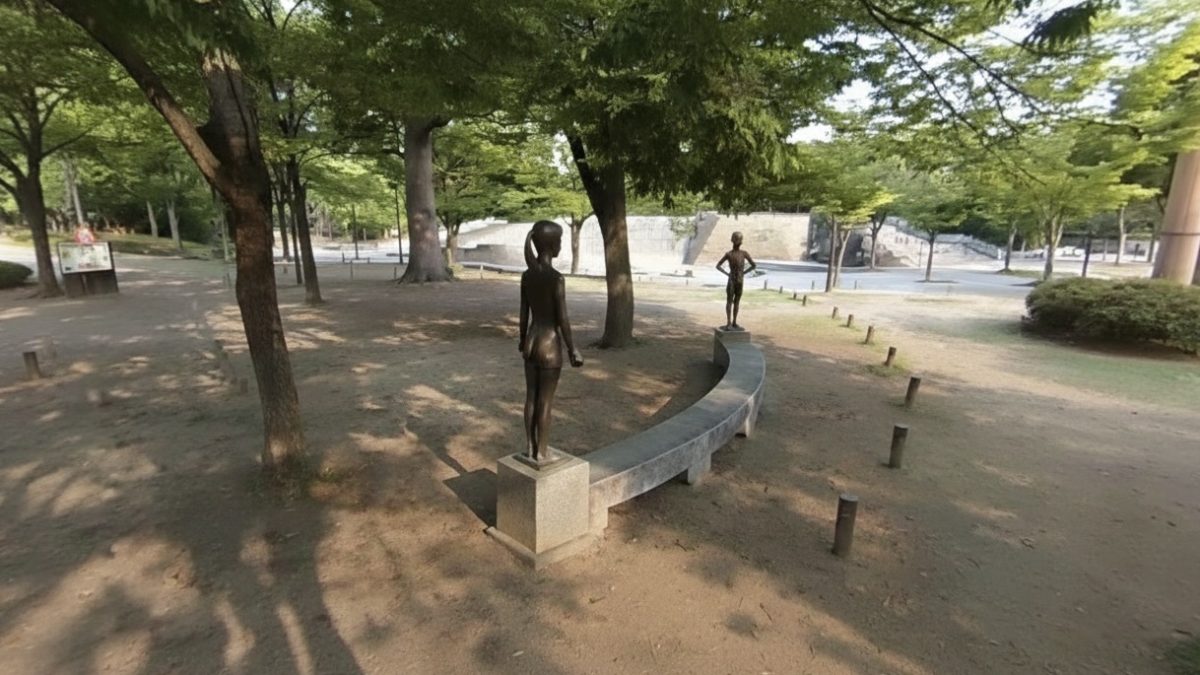
War is an indiscriminate force, destroying everything in its path. Among the most vulnerable and profoundly affected victims are children. Children are the ones who are never involved in the war, yet they are always the ones impacted the most. They flee their homes, lose their families, and struggle with severe trauma, yet are often forgotten amidst the chaos of politics.
In Gaza and Israel, the ongoing conflict has cast a long and dark shadow over the lives of Palestinian and Israeli children. The scars of war are not merely physical; they are deeply psychological, impacting children long after the bombs stop falling.
Today, a 16-year-old child in Palestine or Israel has already lived through six major rounds of conflict and countless other violent incidents.
As of October 7, both children in Israel and Gaza have been affected by the war. According to UNICEF, 30 Israeli children have been killed, and 20 remain hostage by Hamas in the Gaza Strip.
Al Jazeera reports that since October, in the West Bank, the Israeli Occupation Forces have killed over 100 children and illegally imprisoned over 500 children.
The immediate consequences of war are devastating for children that survive. The survivors carry both visible and invisible scars.
Over 26,000 children have been physically injured in Gaza. These physical injuries can either be smaller injuries that can heal with proper health care. In contrast, other injuries lead to lifelong disabilities as many children lose parts of their bodies and many others suffer skull fractures or spinal injuries, which could paralyze them for the rest of their lives.
Additionally, in Gaza alone, the United Nations Office for the Coordination of Humanitarian Affairs (OCHA) reported that Israeli airstrikes have killed 15,000 Palestinian children, and an estimated 4,900 children and women have been trapped under the rubble, not yet found.
With these physical injuries, many children also struggle with having enough food to eat. The World Health Organization found that in Gaza, 90 percent of children under the age of two face severe food poverty. Over 95 percent of households restrict the amount of food adults receive to ensure small children have food to eat.
In Israel, 33 children have been physically injured, and almost 40 percent of children who receive aid from charities have needed to cut down on their meals. This causes malnutrition, leading to unhealthy development and slow growth.
However, while the physical injuries are difficult to live with, it’s the psychological trauma that children feel the most impact from. Witnessing violence, losing family members, and living in constant fear have intense effects on a child’s mental health. Many children have been displaced, lost family members and parents, and lost their homes. According to the United Nations, one million children require mental health support due to the ongoing conflict in the West Bank and Gaza combined. Symptoms of post-traumatic stress disorder (PTSD), anxiety, and depression are alarmingly common. The loss of loved ones, friends, and their sense of safety leaves deep psychological wounds. These children are haunted by memories of violence and loss.
The children that have not been killed in Gaza often explain that they would rather “die than live in these conditions”. The fear and anxiety that they experience daily led them to be terrified of living the way they have been living. Additionally, these children grew up surrounded by constant bombing, shelling, and violence. They expect to wake up to flee their homes, to wake up and not have their family with them, to go to sleep not knowing if they will be alive in the morning.
The short-term consequences of war on children lead to complex and far-reaching long-term effects. For those who survive, the impact of their experiences can alter and shape their futures in extreme ways.
Their education is often severely disrupted. Schools are frequently damaged or destroyed, and the constant threat of violence makes regular attendance nearly impossible. Students are also often sent home early due to constant air strike attacks. Since the start of the war, education has not been available as students in Gaza have not been in school. That’s almost an entire year’s worth of school. Seniors planning to graduate this year don’t know what to do in the future as all universities have been destroyed.
On the other side, students in Israel miss school for days at a time due to safety concerns. Many schools in Israel have had to switch to online classes, impacting the education they receive and creating a difficult environment for the children to learn.
Moreover, the economic instability caused by war exacerbates the situation. Since the start of the war, 1.74 million more Palestinians have been plunged into poverty, increasing the poverty rate to 58.4. This will force children to take on work to help support their families, further depriving them of educational opportunities. This perpetuates a cycle of poverty and instability, making it difficult for these children to break free from the impacts of the war on their childhood.
The conflict has also been impacting Israel’s economy. Israel’s average salary has decreased 19.7 percent since October, leading families to cut back on spending. Any aid received is not enough as the Israeli government does not provide aid to the people.
How will these children be able to grow up to be healthy and live in a world normally? How will the relationship between Israel and Palestine ever be fixed if the next generation of leaders is experiencing all this trauma?
These children have learned to expect the worst as soon as they’re born, and these expectations are almost impossible to change. This cycle of anxiety and fear passes from generation to generation as the situation stays the same and no change occurs.























































